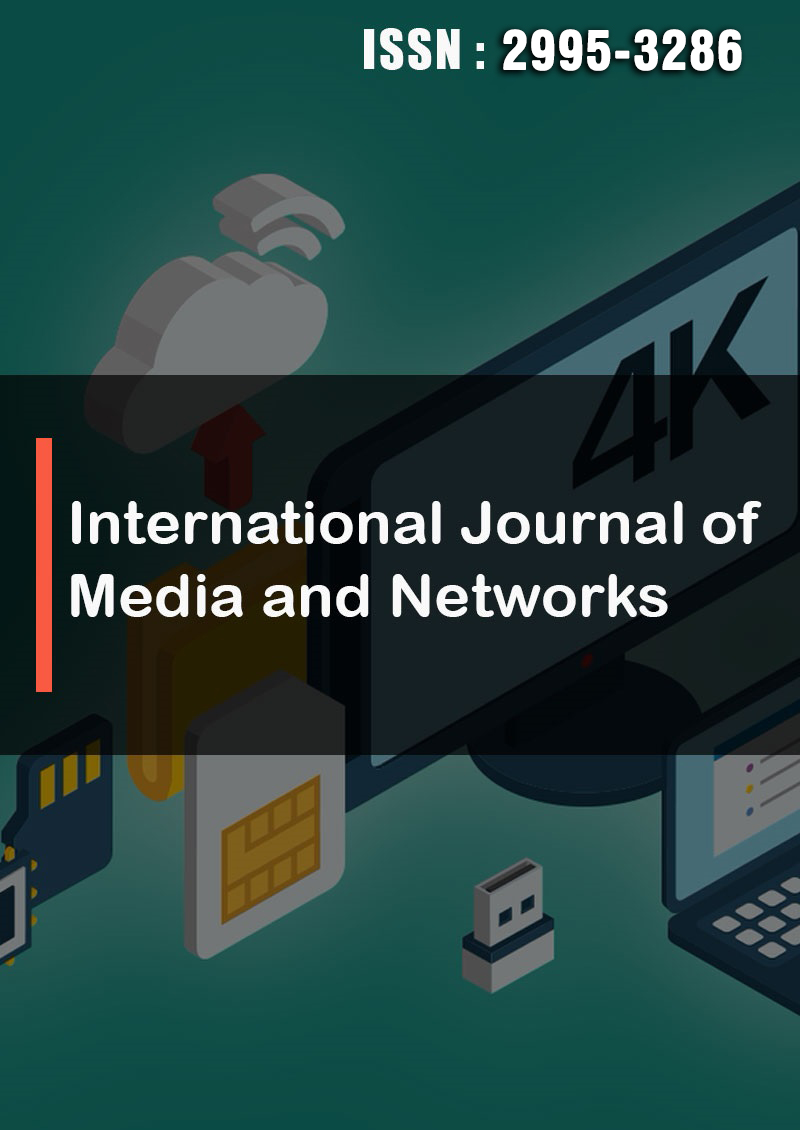Quantum Social Engineering: A New Threat Paradigm in Cybersecurity
Abstract
Maharshi Patel
The advent of quantum computing is set to disrupt the very foundations of modern cybersecurity, rendering traditional encryption techniques vulnerable. A particularly alarming consequence of this revolution is the rise of Quantum Social Engineering, where quantum capabilities are harnessed to amplify and enhance conventional social engineering attacks. This paper explores the potential risks posed by quantum technologies in the realm of social engineering, focusing on how quantum computing can break current security mechanisms and exploit human weaknesses. By examining how quantum-powered attacks can enhance phishing, identity theft, and impersonation strategies, the paper identifies the critical need for quantum-resistant cryptographic systems, Quantum Key Distribution (QKD), and human-centered security protocols [1]. The study concludes by offering potential solutions to mitigate the emerging threats posed by Quantum Social Engineering, emphasizing the importance of preparing cybersecurity strategies for a post-quantum world.




